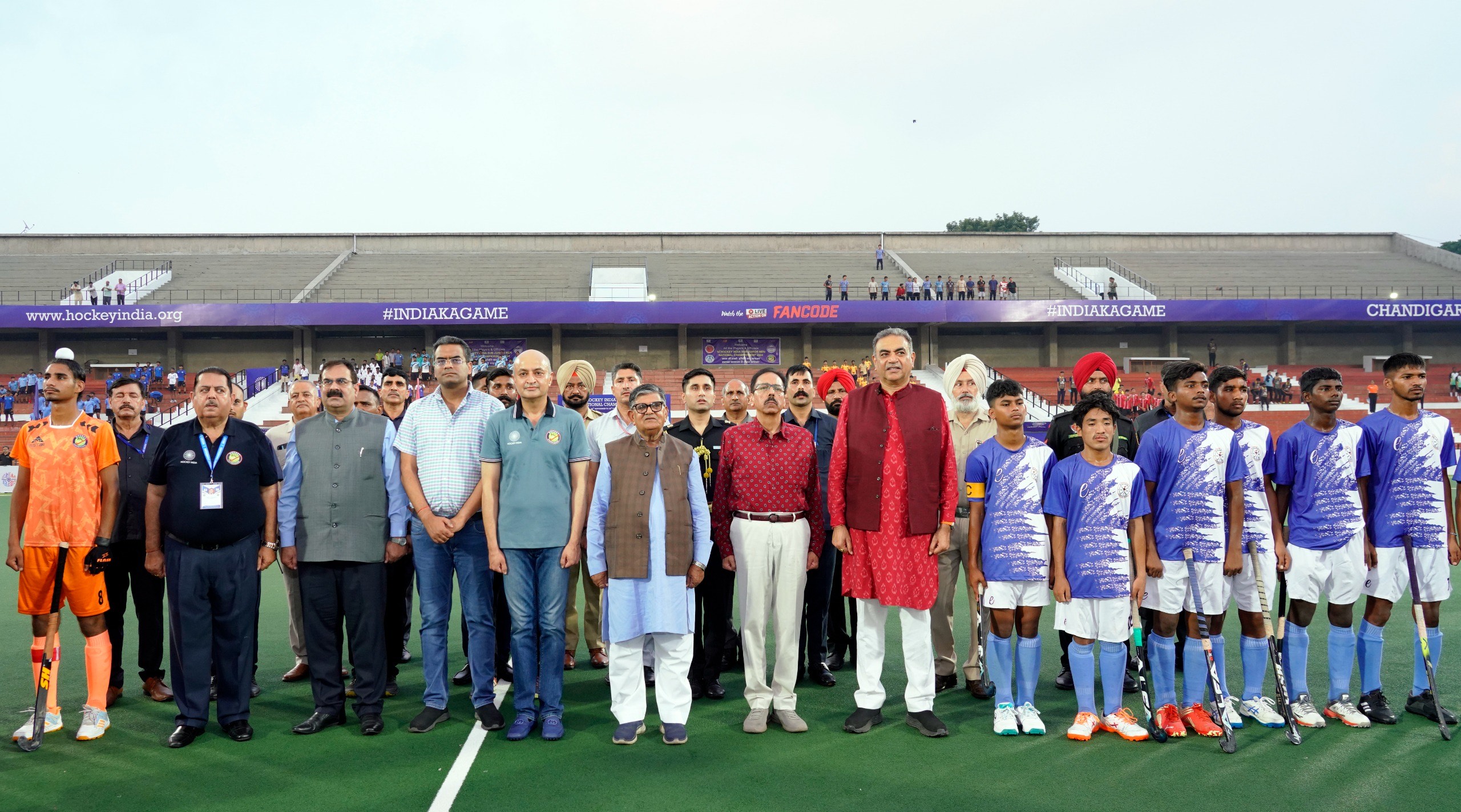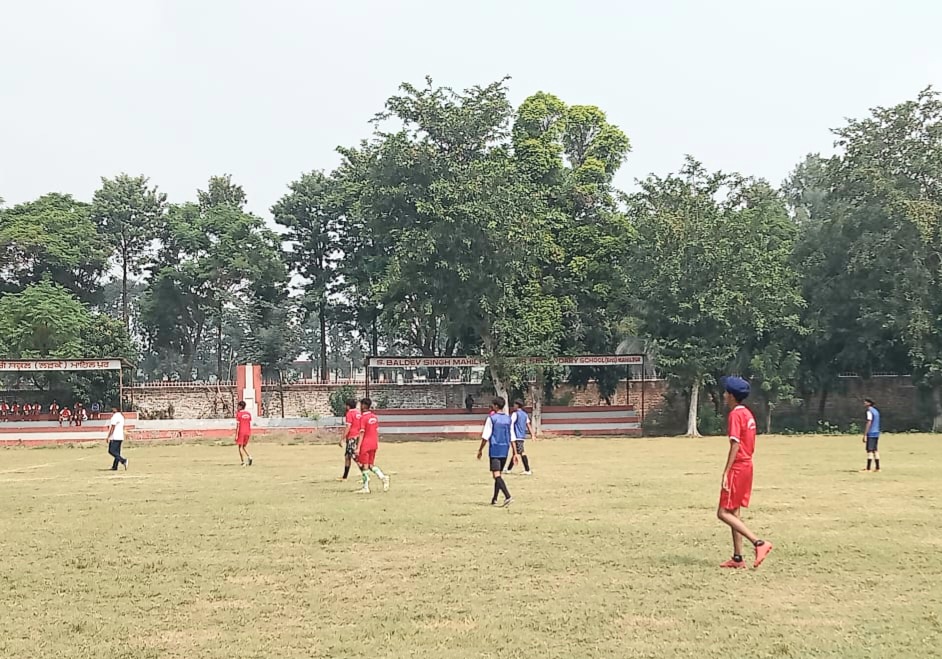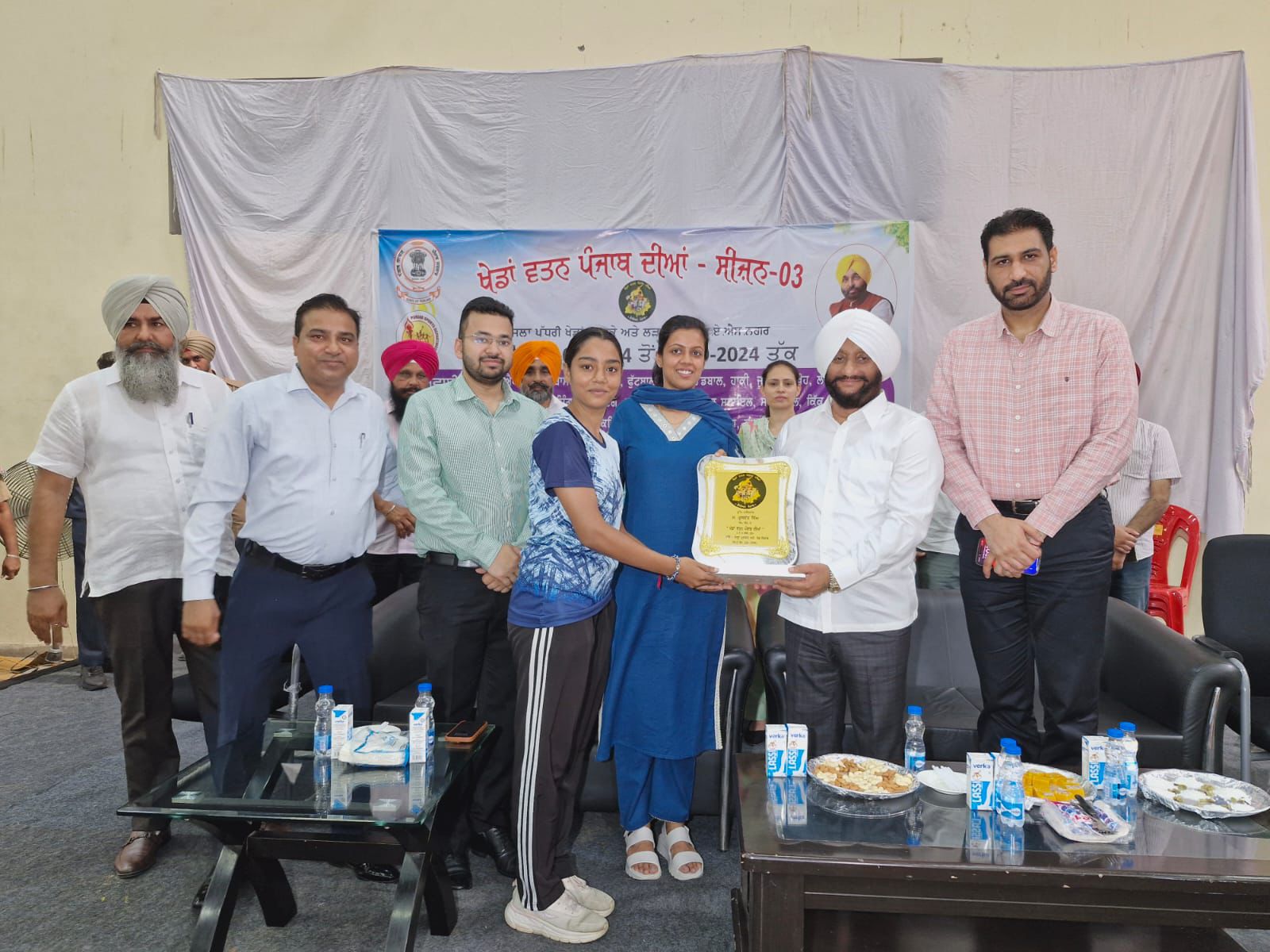
(PGIMER), CHANDIGARH, CCRYN-COLLABORATIVE CENTRE FOR MIND BODY INTERVENTION THROUGH YOGA
10th Jan 2024 - After the brainstorming session on day 1st of expert meeting, Prof. Akshay Anand started the day 2 with his encouraging opening remarks. The meeting started with talk by Dr. Vinod Srivastava, Fort Hays State University, USA talked about bridging the medical culture and collaboration for Global wellness.
10th Jan 2024 - After the brainstorming session on day 1st of expert meeting, Prof. Akshay Anand started the day 2 with his encouraging opening remarks. The meeting started with talk by Dr. Vinod Srivastava, Fort Hays State University, USA talked about bridging the medical culture and collaboration for Global wellness. He added that “social environment is important to maintain health. Also, WHO agrees that health impact is brought by 50% of social determinants”. Dr Aruna Rakha, Department of Translational and regenerative medicine, PGIMER spoke about how we can reach out to the scientific community by publishing the data through the single case study and case reports. She emphasized that “whatever we are advocating should of proof of principle”, especially in Yoga research.
Further, Dr. Jaideep Arya, Chairman, Haryana Yog Aayog, briefed about the importance of yoga asana in sports, where he spoke about how the yoga have been included in Olympics and how Asanas are helping in improving the sports performance among the different players. Important point brought up by Dr. Sanjib Patra, Head, Central University, Rajasthan, infront of the experts. He briefed how private colleges are distributing degrees in Yoga subject and it needs to be checked by making strict policies. Further, Dr. Kashinath G Metri, Central University, Rajasthan, emphasized on the need of practicing Yoga for medical professionals and argued that “it is a good population to achieve adherence in a longitudinal study”. Later, Prof O P Katare from University Institute of Pharmaceutical Sciences, Panjab University interested the participants in a different perspective of meditation, where he encouraged the faculty to practice Yoga including meditation to creat still and calm mind to generate good quality research. At last, Dr Vikram Pai, AIIMS Raipur discussed how the importance of qualitative research in Yoga, which is interviewing the participants. He explained that not all parameters of Yoga can be numerically accessed as Yoga is also experience based and urged the researchers to plan mixed model studies including qualitative research.
Later the session was carried out with Progress report presentation of funded Project and at PGIMER by CCRYN, where all the respective project’s head presented their work progress in last one year followed by discussion and suggestions by the experts. Dr. H S Vadiraja, Research officer, CCRYN, New Delhi, evaluated the project progress and expert’s suggestion of each project to provide final assessment and suggestion to the respective faculty.
The open question answer session followed the talks and brainstorming was done by all the experts on topic discussed since morning. Recommendations such as training faculty at their work place, increasing awareness of Yoga among faculty and patients, increment in fund for Yoga research, including manpower in proposal, providing Yoga protocols for validation by faculty, outreach Yoga programs for general public, and more were discussed and drafted. The expert meeting was concluded with the submission of draft of recommendations by each expert. These recommendations will be further evaluated and brought to Ministry for implementation. Dr Aruna Rakha thanked all dignitaries for their presence and sharing their thoughts to make this expert meeting a success and hoped for generation of a better policy framework for future research and therapy in field of Yoga in India.








